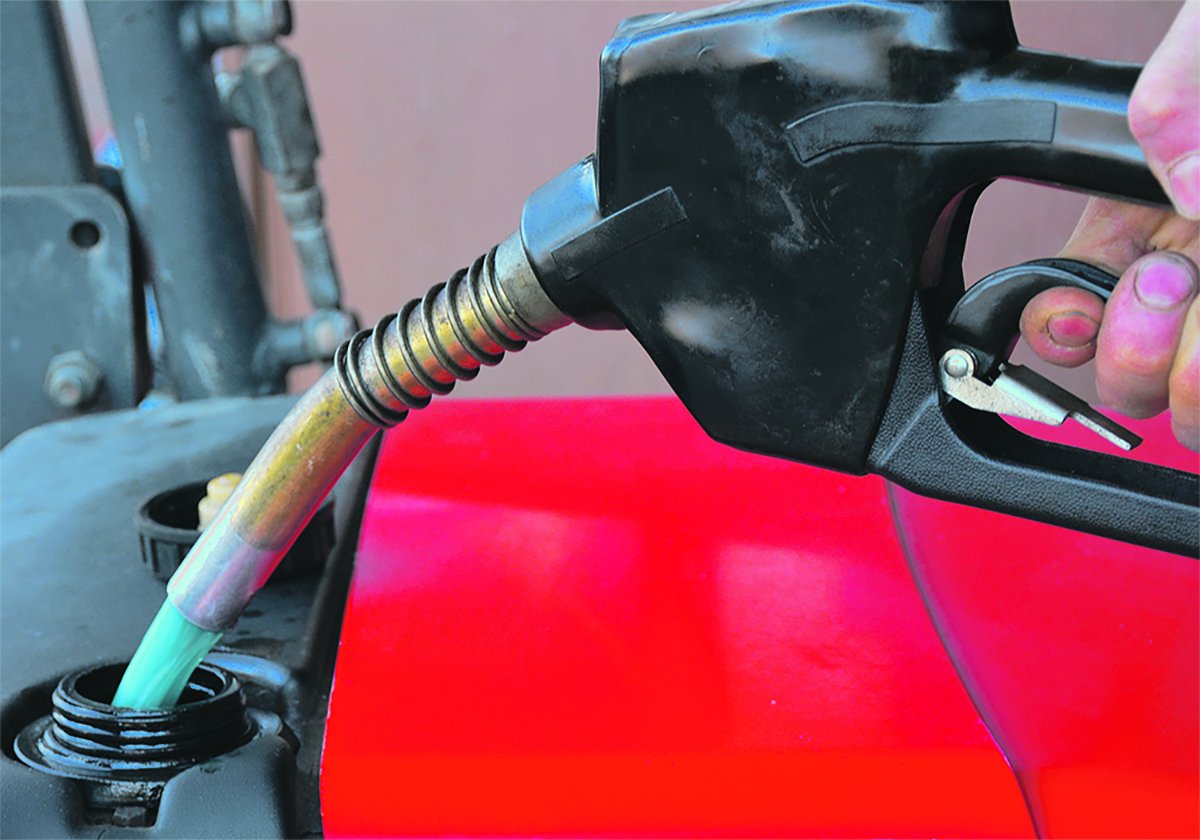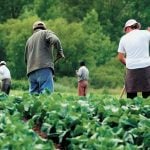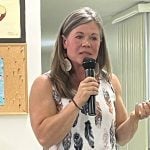DENVER, Colo. – Bill Donald is a long, lean cowboy from southern Montana with a love of ranching and an interest in politics.
The third generation rancher has become the new president of the National Cattlemen’s Beef Association at a time when optimism is returning to the industry. The association has 130,000 direct and affiliated members.
At 58, he and his wife, Betsy, have two grown sons, Josh and Wyatt, who can manage the ranch near Melville while he pursues politics for a year.
“I have the interest and I always thought it was good to give back to the industry from which you derive your living. I’m really fortunate to have my sons on the ranch, so that allows me the time,” he said in an interview during the NCBA convention held Feb. 2-5 in Denver.
Read Also

Alberta may eliminate marked fuel
Alberta may soon stop selling dyed gasoline and diesel.
With his big hat and long grey ponytail, Donald is probably a familiar face to Canadians, partly because of his early involvement with R-CALFUSA.
He was president of the Montana Stockgrowers Association and in the mid-1990s was among those who watched the steady traffic of Canadian cattle liners entering the country.
“All the ranchers saw all those trucks coming down and we were sure it was having a negative impact on the price they were receiving for their cattle,” he said.
His friend, Leo McDonnell, was starting an initiative to build a trade case and he was asked to join the executive to set up a legal fund. His role was to talk to producers, get petitions signed and see if ranchers were willing to stand before the International Trade Commission and a possible countervail and anti-dumping case.
Duties were imposed for a short time against Canadian exporters, but eventually the ITC ruled that while there was some injury to U.S. producers, it was not at a sufficient level to be considered materially important.
“At that point there was a motion made by the executive committee to start a membership organization and I was in the minority of that vote. I voted against it.”
R-CALF formed and Donald left to work with the stock growers association and the NCBA, where he could also pursue his interests in private property rights, taxation and beef promotion.
His experience as a cow-calf producer may offer a unique perspective at the board room table.
“We have a great story to tell with our ranch. It’s multi-generational and it is our centennial. It gives me a forum to start from, that will have some benefit in telling the good story we have to tell about cattle production and our beef industry.”
His grandfather came from New York and founded the ranch 100 years ago.
Donald attended military school when he was a teenager and eventually earned a degree in agriculture economics from Montana State University before returning to the ranch.
Cayuse Livestock Co. now has 2,000 Angus based cows and 3,000 yearlings spread over four owned and leased units.
The ranch has doubled the cow herd in the last five years.
“I told my boys we gotta get cowed up because this thing is going to get good. We did that a few years ago and now it looks like it was a good idea.”
He believes cow-calf producers will benefit most from higher prices promised in the next three to four years.
“It places the cow-calf producer in the driver’s seat because everybody else is a margin operator,” he said.
“We are going to find out on the other end what a consumer is going to pay for a steak because our supply is so narrow and our dollar is so cheap on the world market that we don’t get a lot of grinding meat from Uruguay anymore because they can go someplace else.”
His cattle are age and source verified to capture a premium from the Japanese market. He remains committed to a voluntary national identification system but realizes a program is needed for disease control and traceback.
“We haven’t gone the step like y’all in Canada with mandatory ID and we
As with all crop protection products, read and follow label instructions carefully. The DuPont Oval Logo, DuPont™, The miracles of science™, Refine and Solumax are registered trademarks or trademarks of E.I. du Pont de Nemours and Company. E.I. du Pont Canada Company is a licensee. Member of CropLife Canada. Copyright 2011 E.I. du Pont Canada Company. All rights reserved.
are the only developed country in the world that doesn’t, which puts us at a competitive disadvantage.”
Presidents of national commodity organizations are often faced with a crisis.
“I wish I knew what it was so I could get prepared.”
Donald is worried about changes to the act governing the Grain Inspection, Packers and Stockyards Administration, but applauds a recent promise from agriculture secretary Tom Vilsack to do an economic analysis before changes are made.
Some proposals in the act could end market relationships and value chain agreements that many branded and premium beef programs use, he added.
“We have to monitor it and make sure it does minimal damage.”
The NCBA is also monitoring the bankruptcy case of Illinois based Eastern Livestock, where more than $130 million is allegedly owed to producers.
“Our hope is to make it so as many producers as possible can get some money back,” he said.















